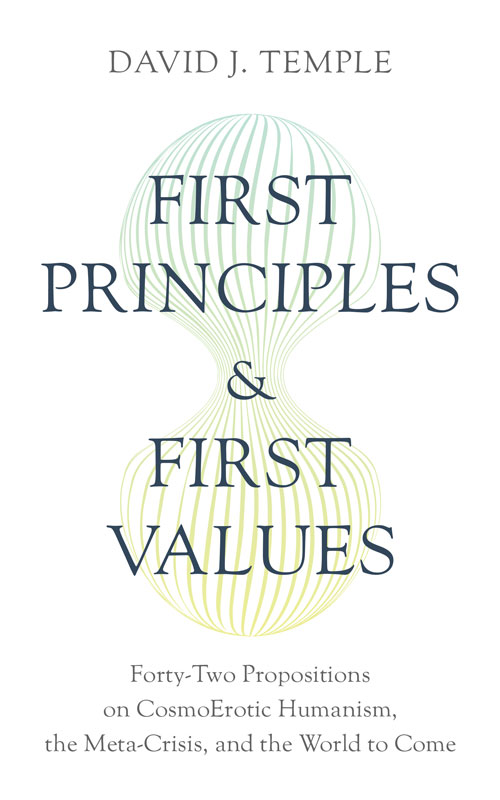Decoding Lord Of The Rings: A Revelatory Exploration w/ Dr. Marc Gafni and Aubrey Marcus
Enjoy this podcast with Dr. Marc Gafni featured on Aubrey Marcus’ Podcast
Introduction by Aubrey Marcus:
“Was Lord of the Rings just a story or was it a prophesy? What does it have to tell us about our current time and the struggles we face? What is the meaning of the two towers, and the ring of power? I sit down with master teacher and religious scholar Dr. Marc Gafni to decode the hidden meaning in this timeless tale.”

